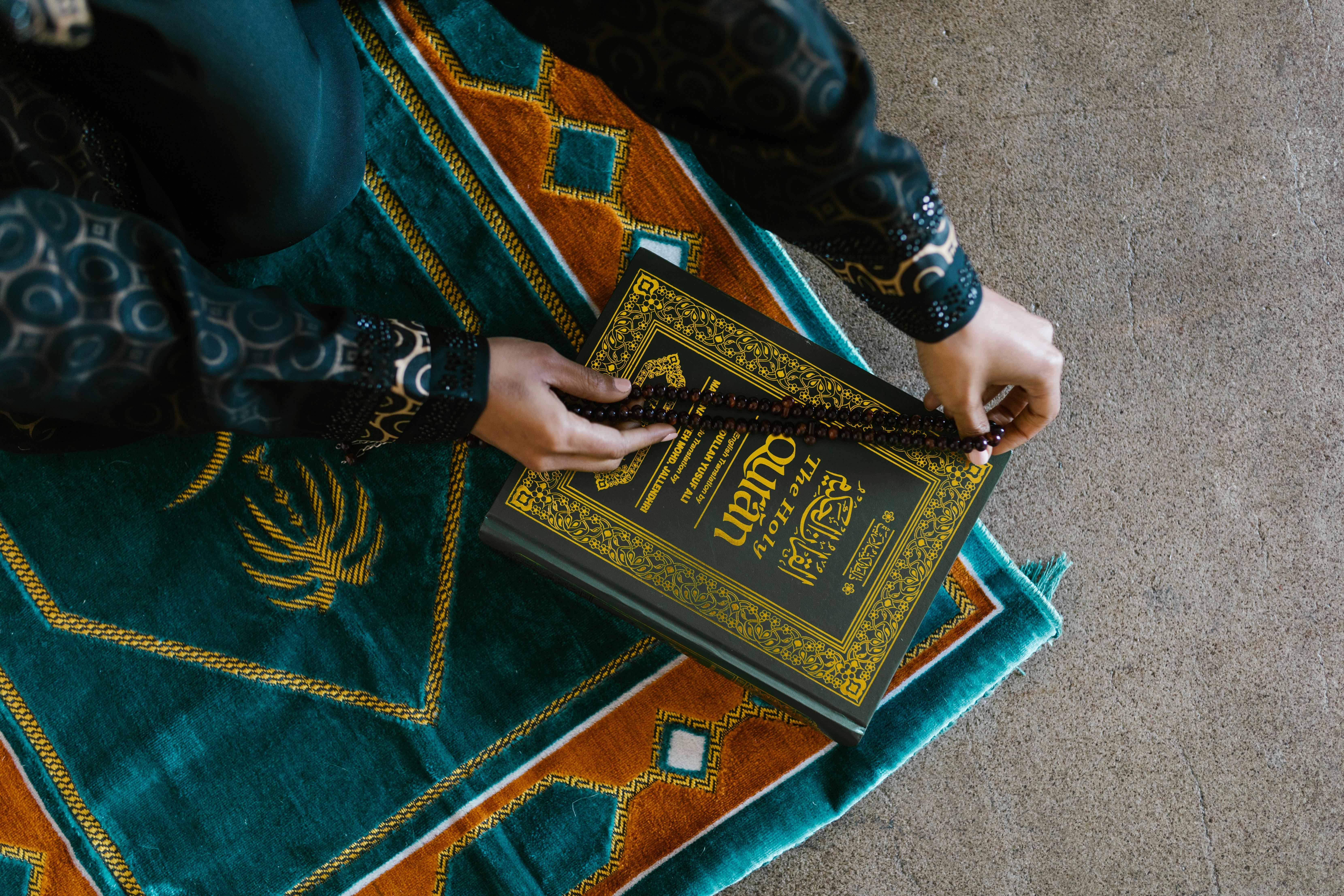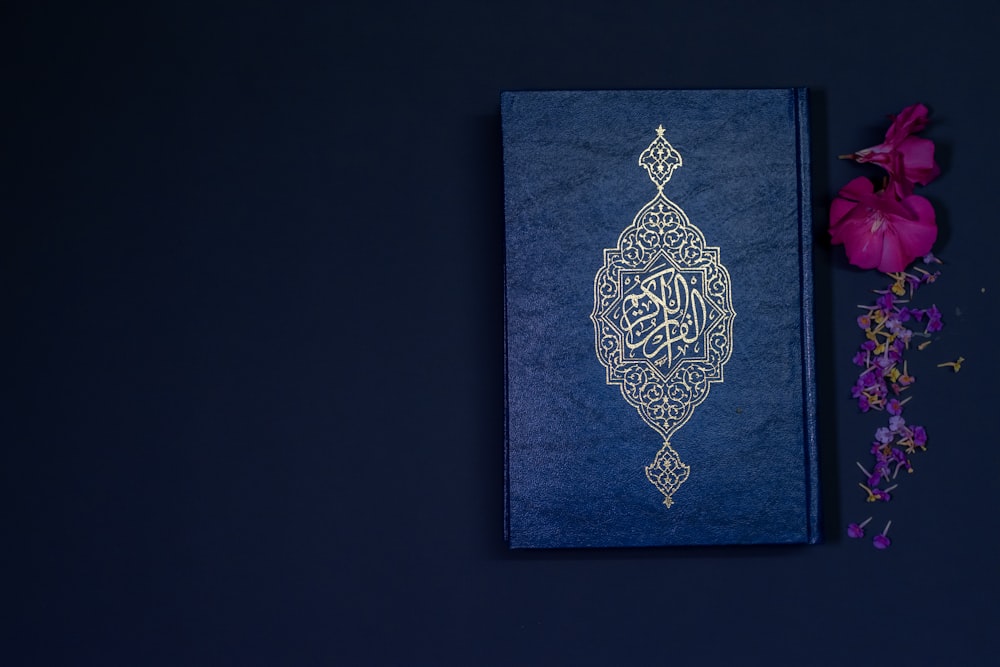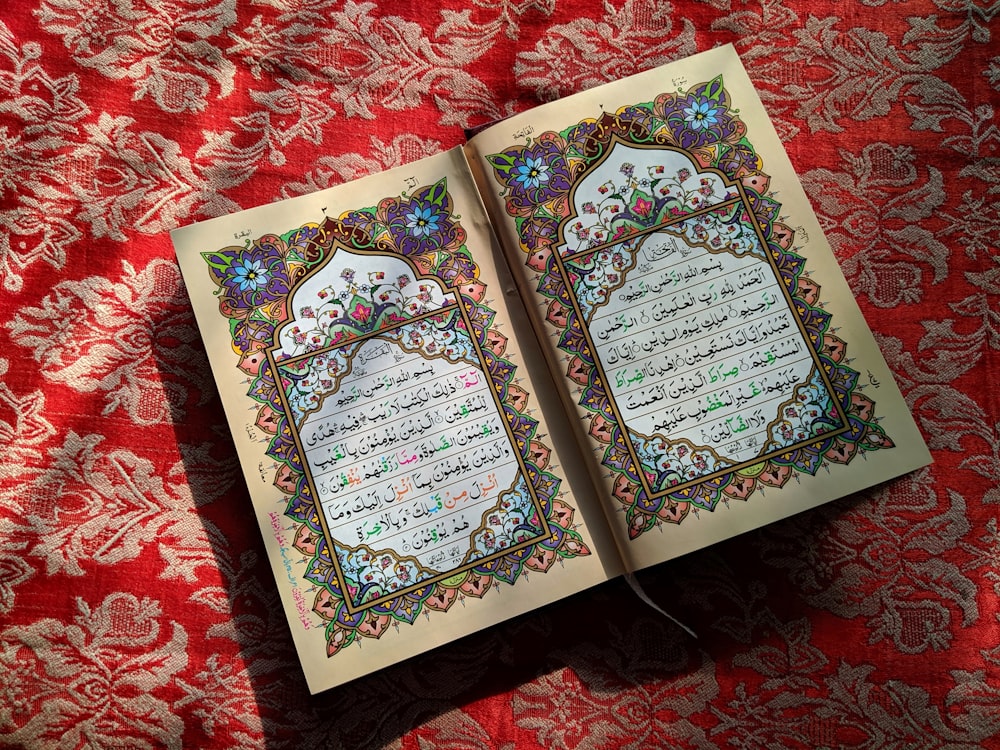Islam and Traditionalism: Are they Separable?
Islam is a faith that emphasizes traditional values and customs. The Qur’an and Hadith (sayings of the prophet Muhammad) have provided Muslims with a clear set of guidelines for living a moral and ethical life. These guidelines include respecting and honoring one’s parents, being kind to others, being generous to the poor and needy, and being honest and truthful in all dealings. Muslims believe that following these traditional values is essential to living a life in accordance with the teachings of Islam.
In addition, the Islamic faith emphasizes the importance of community and family. Muslims are encouraged to take part in activities that bring people together, such as attending religious services and social gatherings. They are also encouraged to participate in charitable works and to support one another.
Finally, Islam encourages its followers to be mindful of their environment and of the need to protect it. Muslims are taught to use natural resources responsibly and to respect the sanctity of the earth. They are also encouraged to use their skills and knowledge to benefit society and to make the world a better place.
Islam without Tradition?
Image via Unsplash.com
Islam and traditionalism are closely intertwined. Traditionalism refers to the adherence to certain customs, beliefs, and values that have been passed down through generations. In the Islamic faith, these values and beliefs often center around the five pillars of Islam: faith, prayer, charity, fasting, and pilgrimage to Mecca.
The traditionalism of Islam is often seen in the observance of religious holidays, the avoidance of certain activities deemed to be sinful, and the respect for the teachings of the Quran and the Prophet Muhammad. This traditionalism is also reflected in the clothing worn by certain Muslims, the food that they eat, and the rituals that they practice.
Furthermore, traditionalism is also seen in the way that many Muslims view gender roles and relationships. Women are often expected to take on certain roles in the home and in society, while men are expected to take on certain roles in the workplace and in the community.
Traditionalism in Islam is often seen as a way of preserving the faith and ensuring that the teachings of the Quran and the Prophet Muhammad remain intact. This traditionalism allows Muslims to remain connected to their faith and to the history of their religion. It also allows Muslims to practice their faith in a respectful and meaningful way.
What exactly is Traditionalism?
Image via Unsplash.com
Traditionalism is a belief system that is based on the idea that a particular set of cultural practices, religious values, and social norms should be preserved and passed down from generation to generation. This idea is particularly common in Islamic countries, where traditional values are seen as essential for preserving the faith. Traditionalism in Islam is often based around the ideas of humility, obedience, and respect for the elderly and those in authority. This includes the belief that women should be modestly dressed, that men should have a certain level of authority, and that certain Islamic laws should be followed. In addition, traditionalism in Islam can involve a number of different cultural practices, such as prayer, fasting, pilgrimage, and celebration of religious holidays. These practices are seen as important for maintaining a strong connection to the Islamic faith.
Islamic traditionalism focuses on the preservation of the core Islamic teachings and values. Such as the five pillars of faith, Quranic teachings, and the Sunnah (traditions) of the prophet Muhammad. It also emphasizes the importance of adhering to the tenets and values of the Islamic faith. There are established by the Qur’an and Sunnah. Practices such as the performing of the five daily prayers, fasting during the month of Ramadan, and the pilgrimage to Mecca are all examples of traditional Islamic practices.
Other examples of traditional Islamic customs include the wearing of modest clothing, avoiding certain foods and drinks such as alcohol and pork. And maintaining the practice of gender segregation in some contexts. Traditional Islamic practices are often based on the guidance of religious scholars and respected religious leaders. And are often adapted to fit the cultural and local practices of a particular community.
Islam and Tradition: Are they Separable?
Image via Unsplash.com
The answer to this question depends on how one defines traditionalism and Islam. Generally speaking, traditionalism refers to the practice of adhering to long-established customs, beliefs, and norms. Islam, on the other hand, is a religion that is based on the teachings of the Quran.
In general, traditionalism and Islam are not necessarily separable. Depending on the particular tradition, some beliefs and practices of traditionalism may be compatible with the teachings of Islam. While others may be incompatible. It is up to each individual to decide how to reconcile their own cultural background and religious beliefs.
Relationship between Islam and Traditionalism

Image via Pexels.com
The relationship between Islam and traditionalism is complex. And depends on the particular culture and context in which it is discussed. Generally speaking, Islam is a faith that is based on the teachings of the Qur’an. And it can be seen as a religion that promotes tradition and continuity. However, within different Muslim societies, there can be large differences in the way Islam is interpreted and practiced. And traditional values can be seen as being in conflict with Islamic principles in some cases. Ultimately, whether Islam and traditionalism are separable depends on the specific culture and context in which the discussion is taking place.
Islam is a religion that emphasizes the importance of traditional values and practices. It promotes the observance of traditional customs. Such as moral and ethical behavior, respect for elders, and respect for one’s family and community. A strong sense of traditionalism is essential to Islamic culture and is a major part of the faith. Traditionalism is also seen in the way Islamic law is interpreted and practiced. It has many areas of law relying heavily on the teachings of the Quran and the Prophet Muhammad. The religion also places emphasis on the importance of education and the pursuit of knowledge. It is seen as a way to uphold traditional values.
USEFUL LINKS:
Click here to read more about Islamic Traditionalism
Islamic Civilizations: An Historical Account







